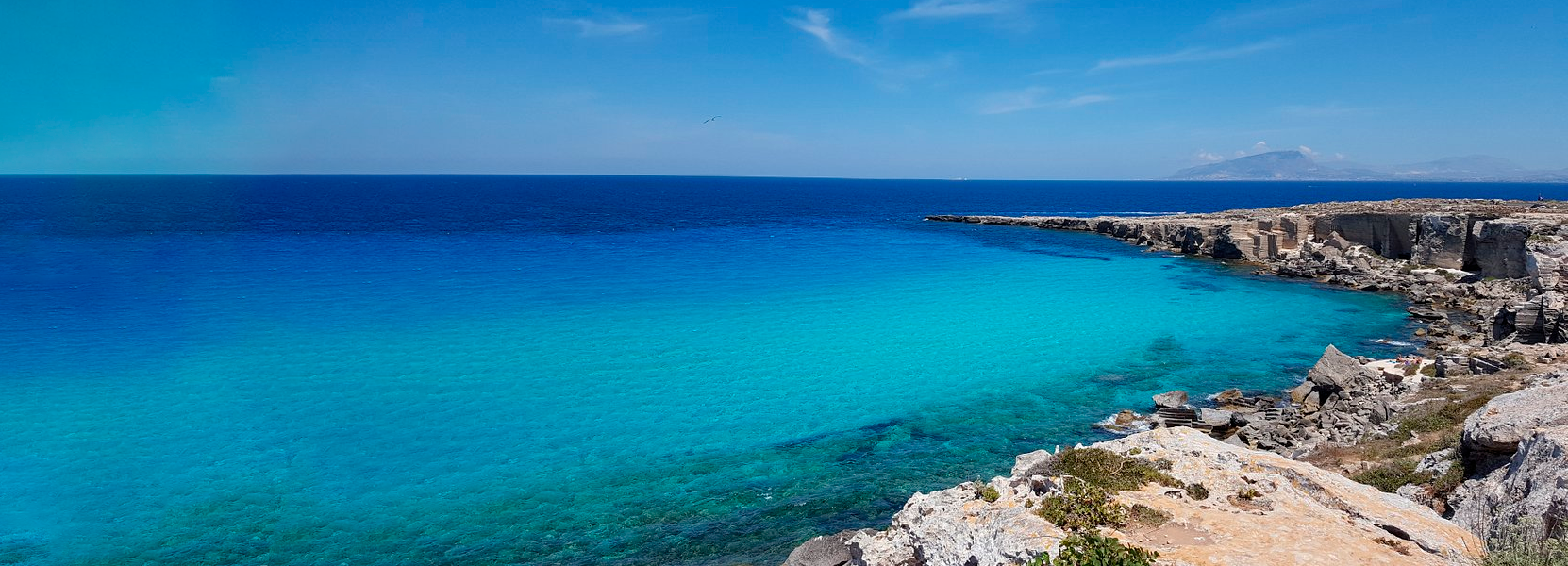
Evaluating the Flexural Performance of Basalt Composite Sandwich Structures for Marine Applications
Please login to view abstract download link
This study aims to investigate the feasibility of utilizing natural-source materials as an alternative to traditional materials in the production of composites sandwich structures subjected to flexural loading in marine applications. Specifically, the research focuses on substituting glass fibres with basalt ones in sandwich structures with balsa core and four facing materials (i.e., Glass, Basalt, Glass/Carbon hybrid, Basalt/Carbon hybrid), manufactured by Intermarine shipyard. The utilization of natural-source materials in marine environments is of particular relevance due to the harsh conditions and the need for materials that can withstand degradation over time. Three-point flexural numerical tests were performed at varying span lengths to evaluate the flexural response and flexural properties of the sandwich structures, in terms of resistance and failure modes. Moreover, a finite element analysis (FEA) was performed to investigate the stress and deformation maps. The results of the numerical tests were compared and validated against experimental findings. The results of this study indicate that the sandwich structures with basalt fibres reinforced facings and balsa wood core exhibit significant comparable strength and stiffness properties to those of glass fibre-reinforced facings, but with improved facing properties. Furthermore, the use of different facing materials had a significant impact on the flexural behaviour and mechanical properties of structures. This study emphasizes the importance of using natural sources materials in marine application, the benefits of using finite element analysis in the mechanical characterization of composite materials, and the significance of considering the facing materials when designing sandwich structures for marine environments.

